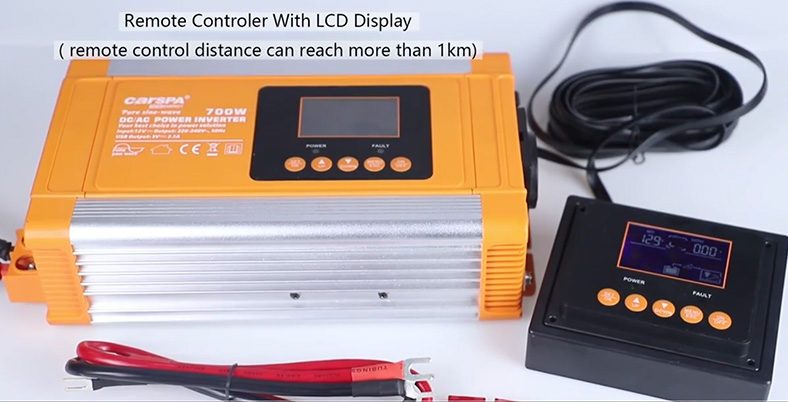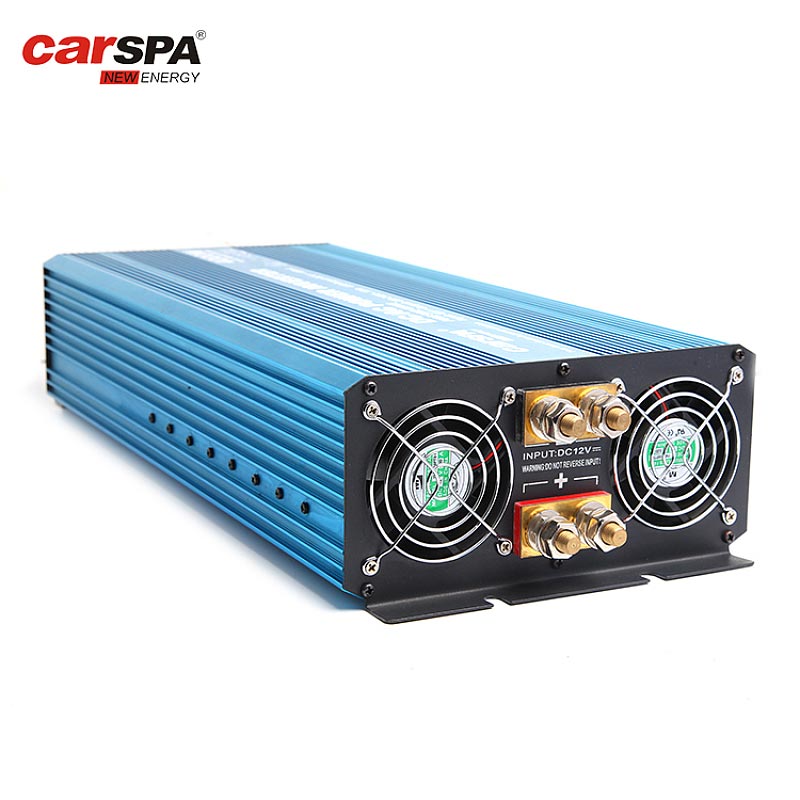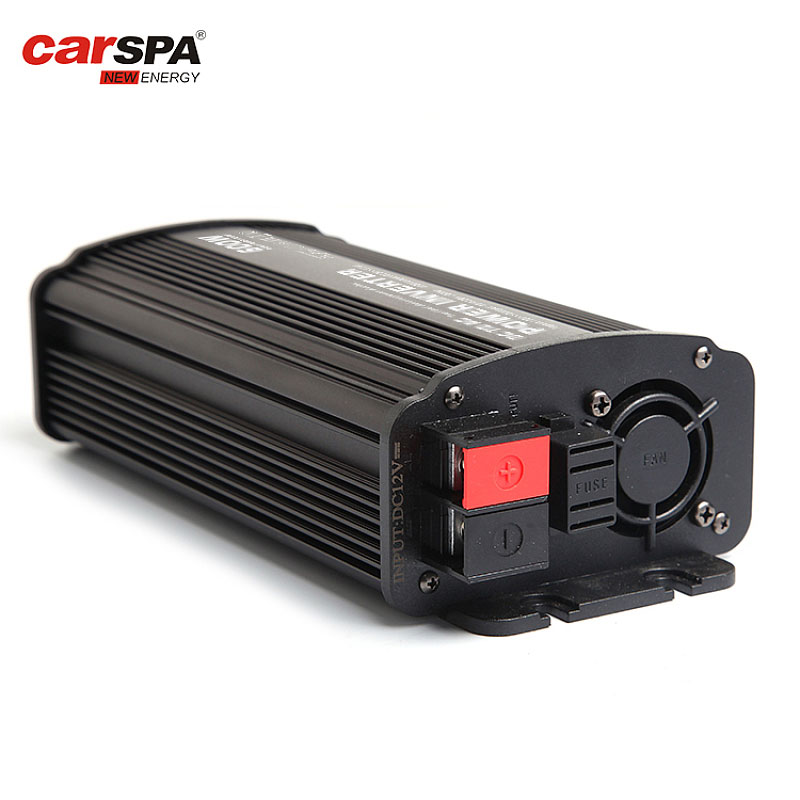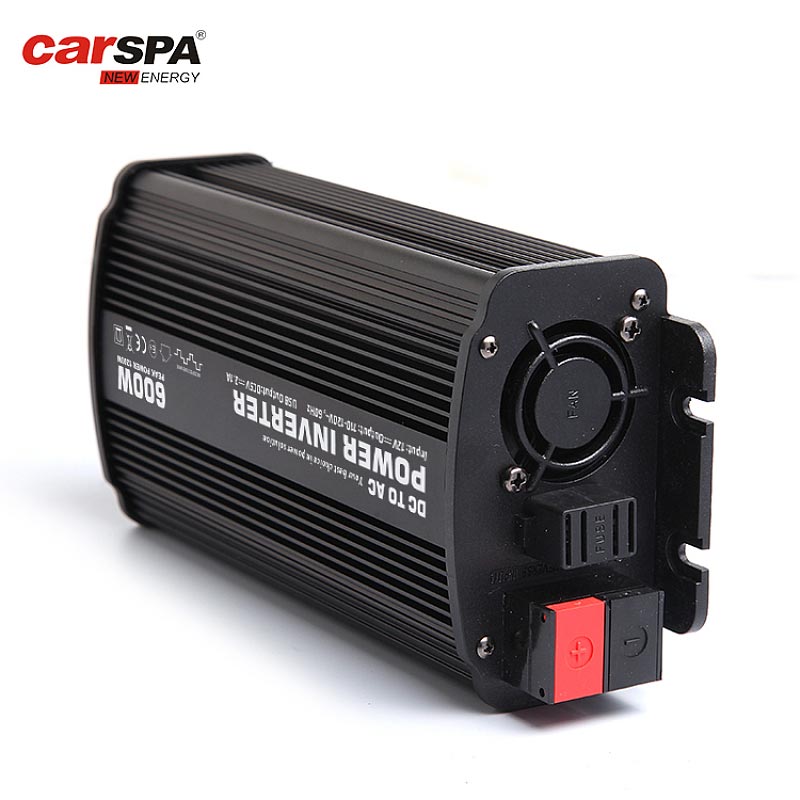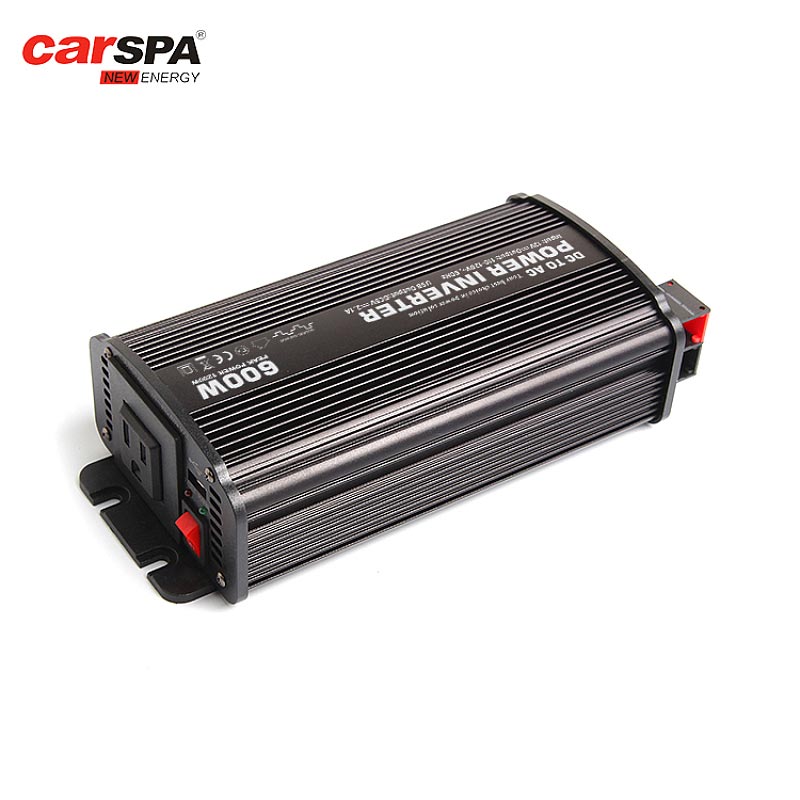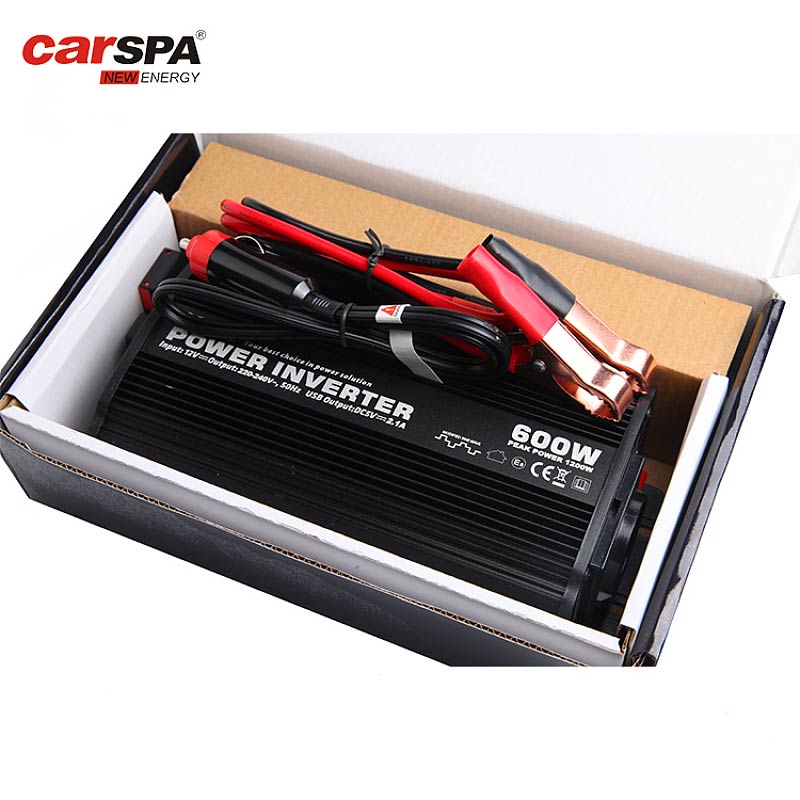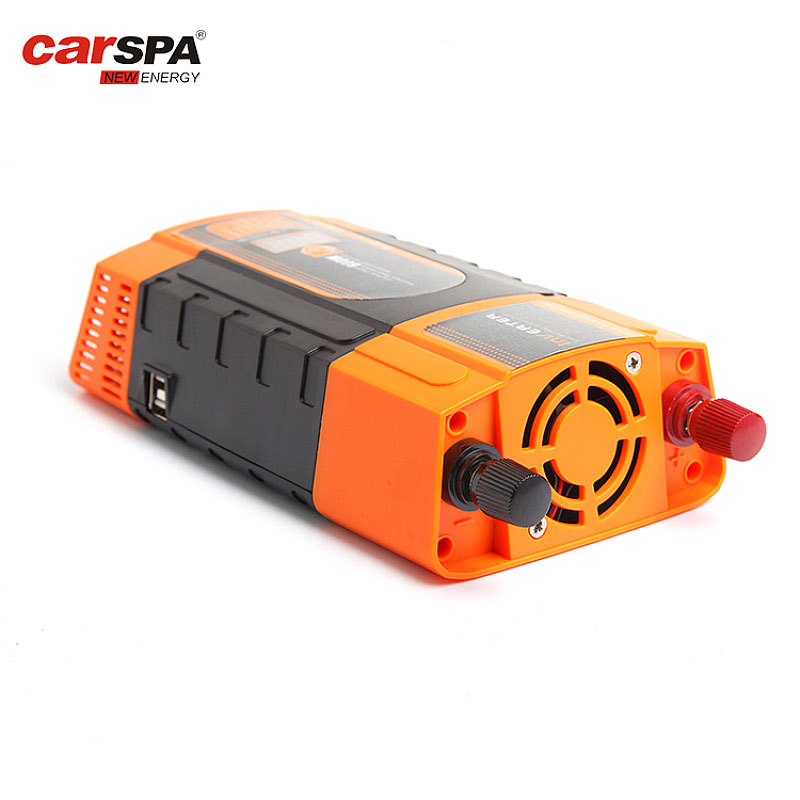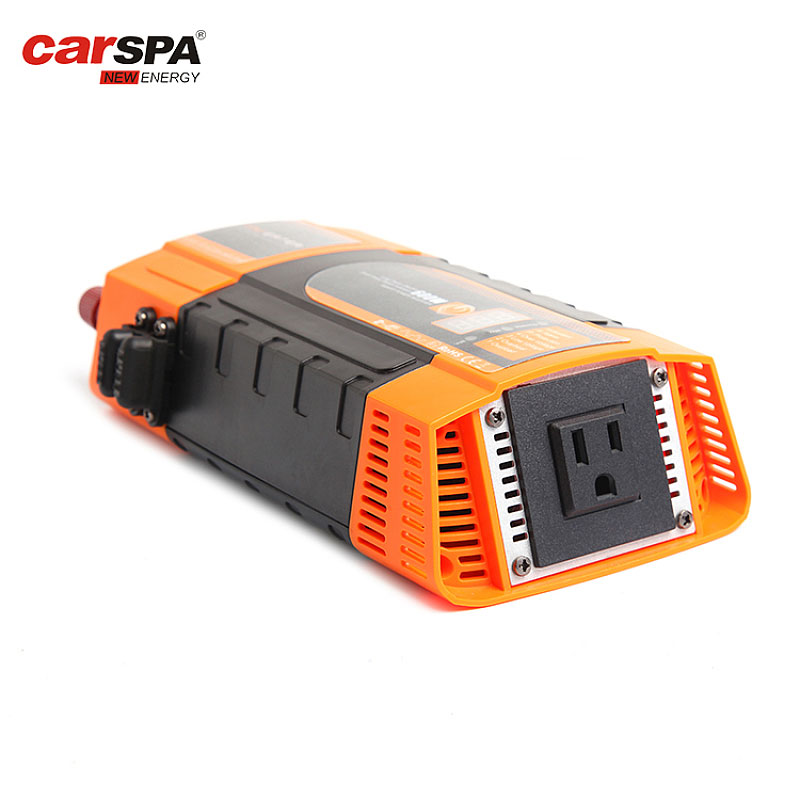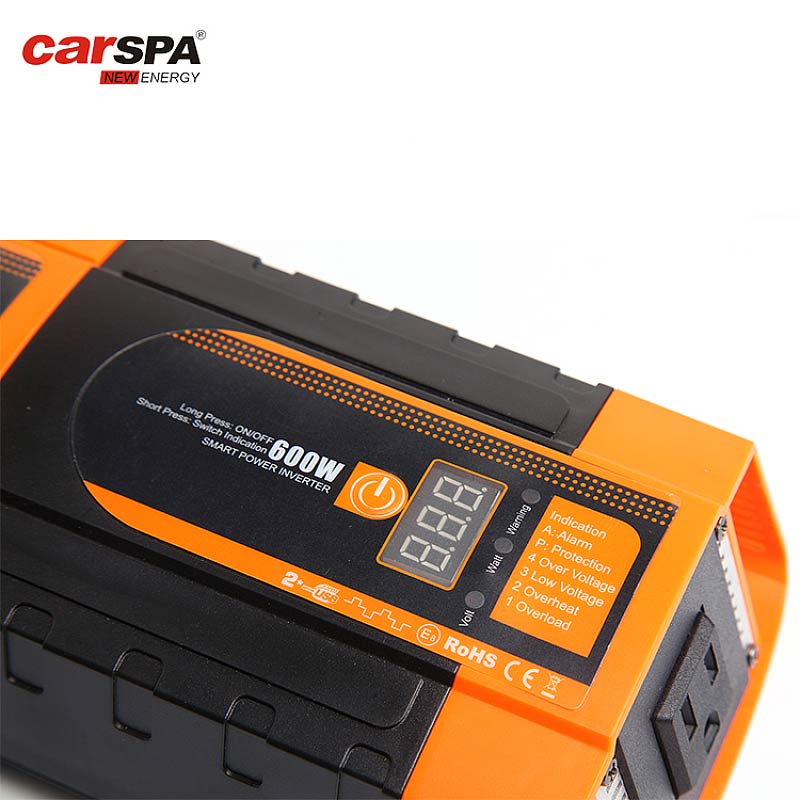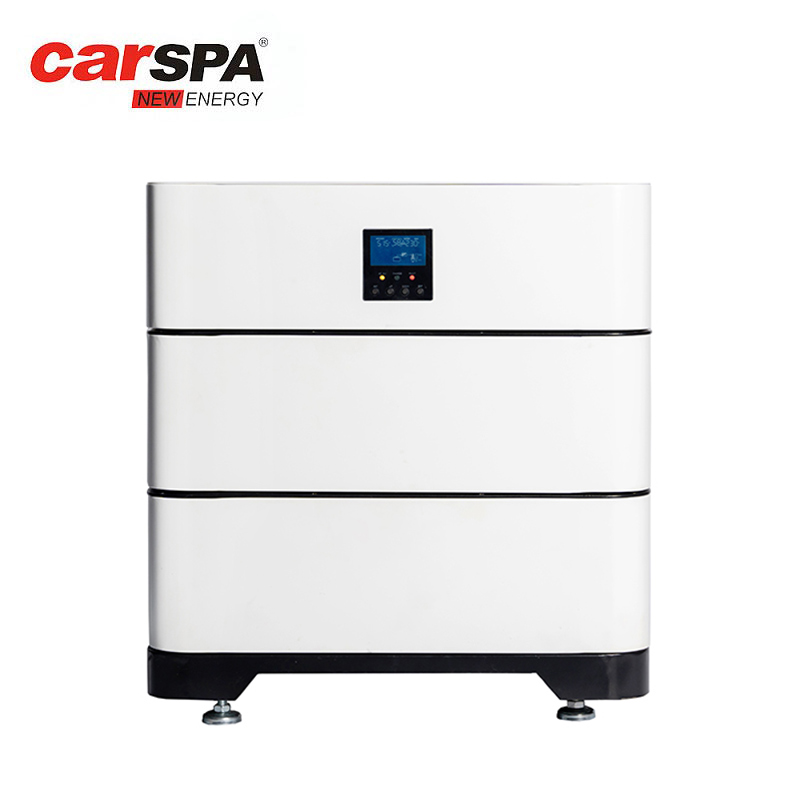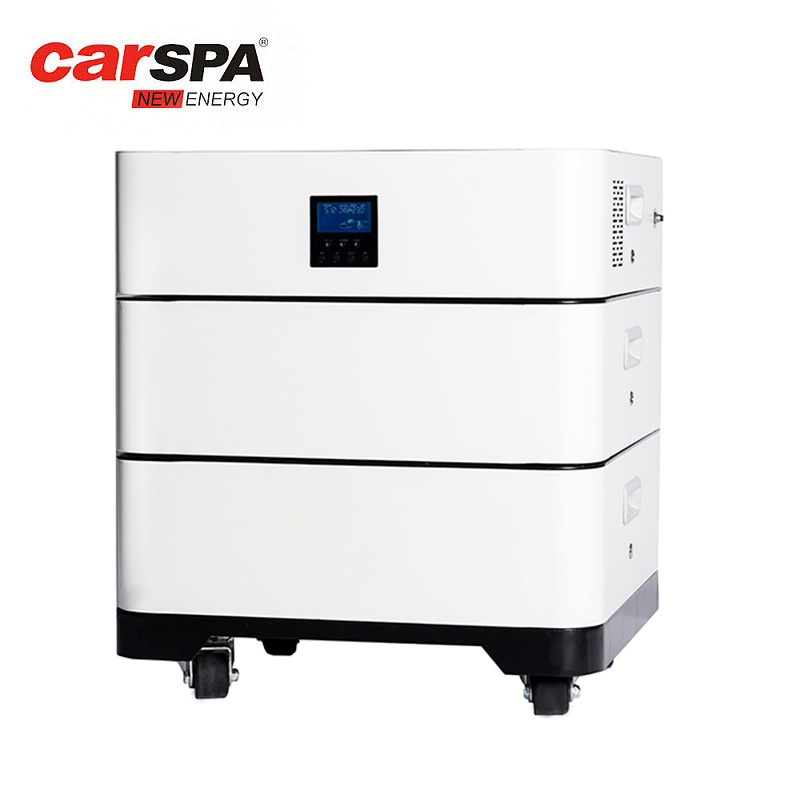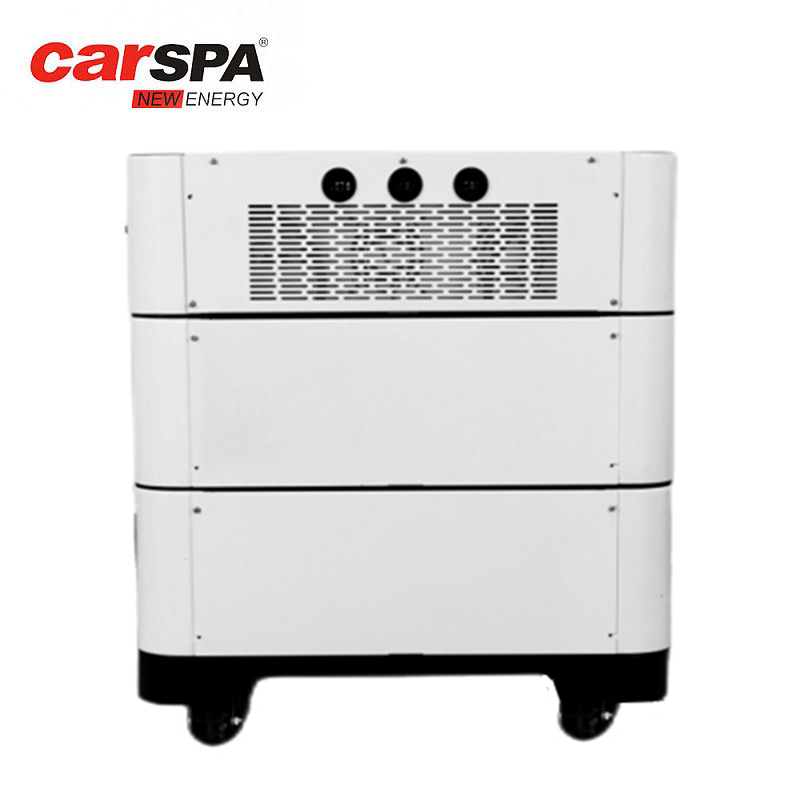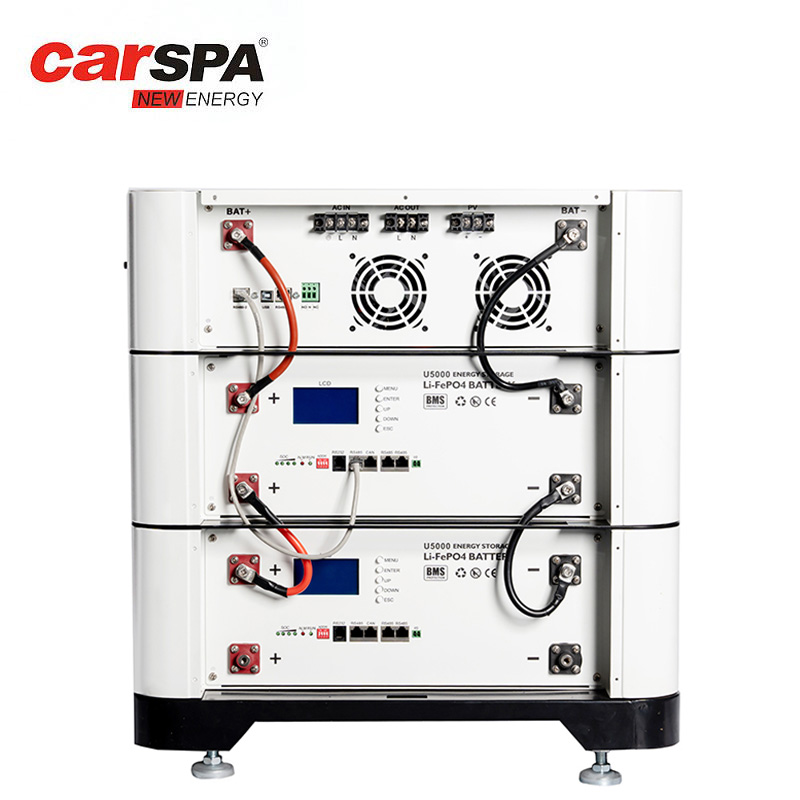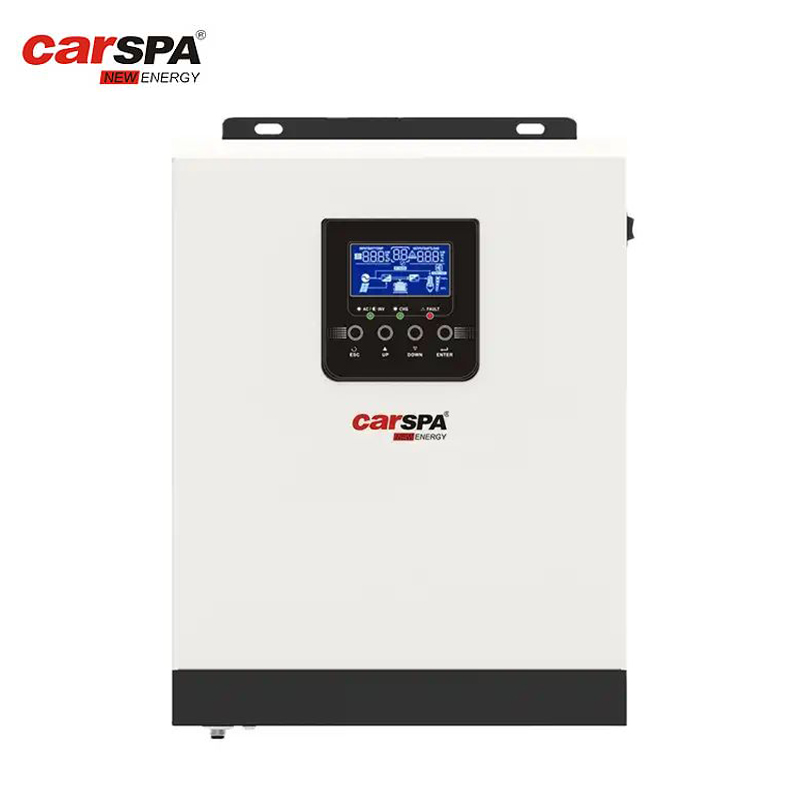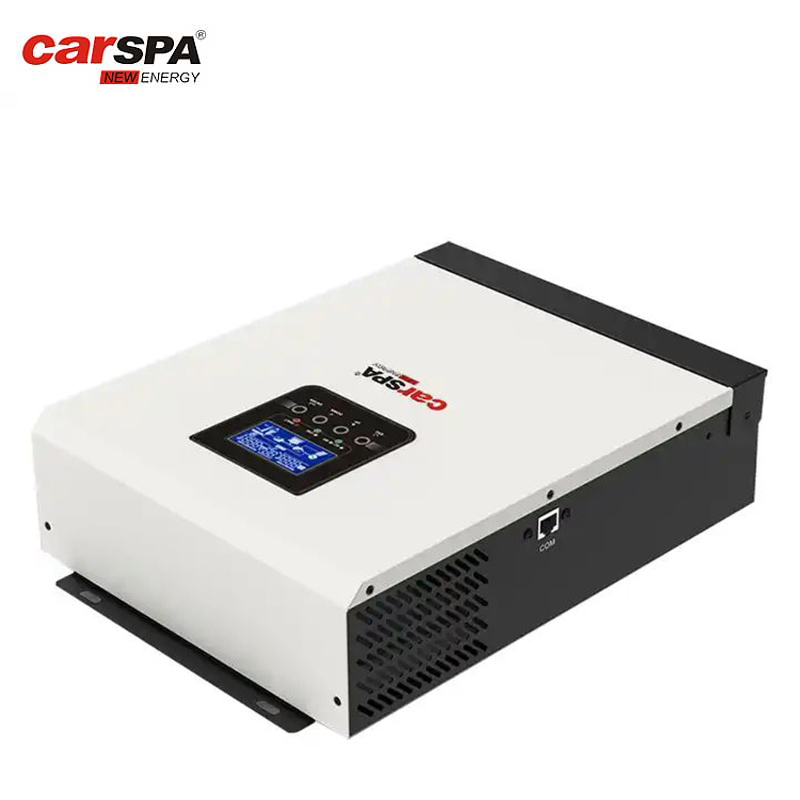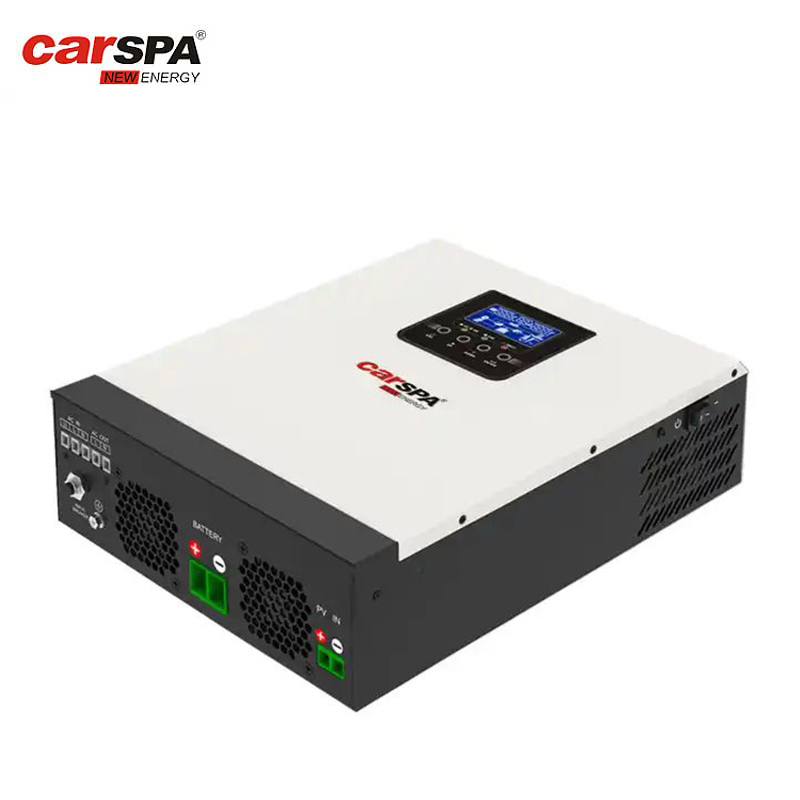Unveiling the Most Cost-Effective Method to Store Solar Energy
As solar energy continues to gain popularity as a renewable and sustainable power source, maximizing its potential through effective energy storage becomes essential. The ability to store excess energy generated by solar panels enables homeowners to optimize their energy usage and reduce dependence on the grid. This article aims to explore the question: "What is the cheapest way to store energy from solar panels?" by examining various energy storage methods and identifying the most cost-effective solution for residential applications.
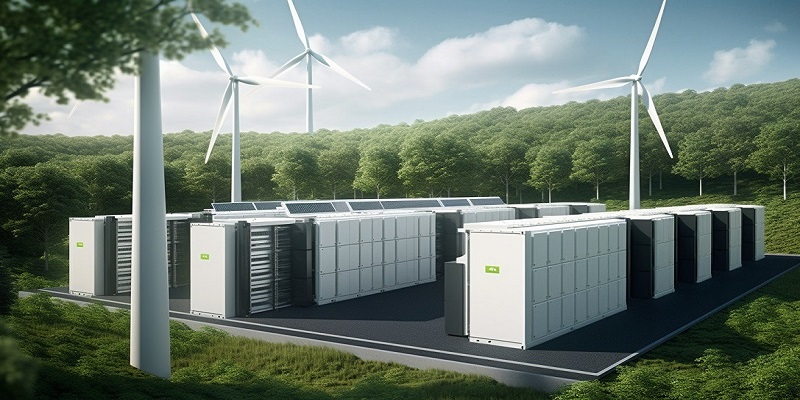
Battery Energy Storage Systems (BESS):
Battery energy storage systems are widely considered one of the most accessible and cost-effective methods for storing solar energy. The declining costs of lithium-ion batteries, coupled with their increasing energy density and efficiency, have made them a popular choice among homeowners. These batteries can store surplus solar energy during daylight hours and discharge it when needed, providing a reliable source of electricity during low-sunlight periods or grid outages. Additionally, advancements in battery technology and economies of scale are driving costs down, making BESS an increasingly affordable solution.
Lead-Acid Batteries:
While lithium-ion batteries dominate the energy storage market, lead-acid batteries remain a cheaper alternative for storing solar energy. Lead-acid batteries have been used for decades and are readily available at a lower cost compared to their lithium-ion counterparts. Although they have lower energy density and shorter lifespans, they can still be a viable option for homeowners on a tight budget or those with modest energy storage requirements. Lead-acid batteries are suitable for shorter-duration storage and can be an economical choice for small-scale solar energy storage.
Pumped Hydroelectric Storage:
Pumped hydroelectric storage is a proven technology for large-scale energy storage and has been utilized in utility-scale applications. While not typically considered a cheap option for residential use, it can be cost-effective in specific circumstances. If a property has existing natural water sources such as a river or a stream with suitable elevation differences, a pumped hydro system can be a long-term investment. However, it's important to consider the upfront costs of installation and the availability of suitable topography when assessing its affordability.
Utilizing Time-of-Use (TOU) Tariffs:
Another cost-effective approach to storing solar energy is by leveraging time-of-use tariffs offered by utility companies. TOU tariffs allow homeowners to benefit from lower electricity rates during off-peak hours, typically when solar energy production is high. By shifting energy consumption to these low-rate periods, homeowners can effectively "store" their solar energy in the grid without the need for physical storage systems. This method requires smart energy management and can result in substantial savings on electricity bills.
Conclusion:
When it comes to storing solar energy in the most cost-effective manner, battery energy storage systems (particularly lithium-ion batteries) and lead-acid batteries emerge as the top choices for residential applications. The declining costs and increasing efficiency of lithium-ion batteries make them an appealing long-term investment, while lead-acid batteries offer a more economical solution for smaller-scale storage needs. Additionally, leveraging time-of-use tariffs can provide significant cost savings by optimizing energy usage during low-rate periods.
As technology advances and economies of scale continue to drive down costs, the cheapest way to store solar energy may evolve over time. It is crucial for homeowners to assess their energy needs, budget, and long-term goals when selecting an energy storage method. By harnessing the power of solar energy storage, homeowners can enhance their energy independence, reduce reliance on the grid, and pave the way for a more sustainable future.


